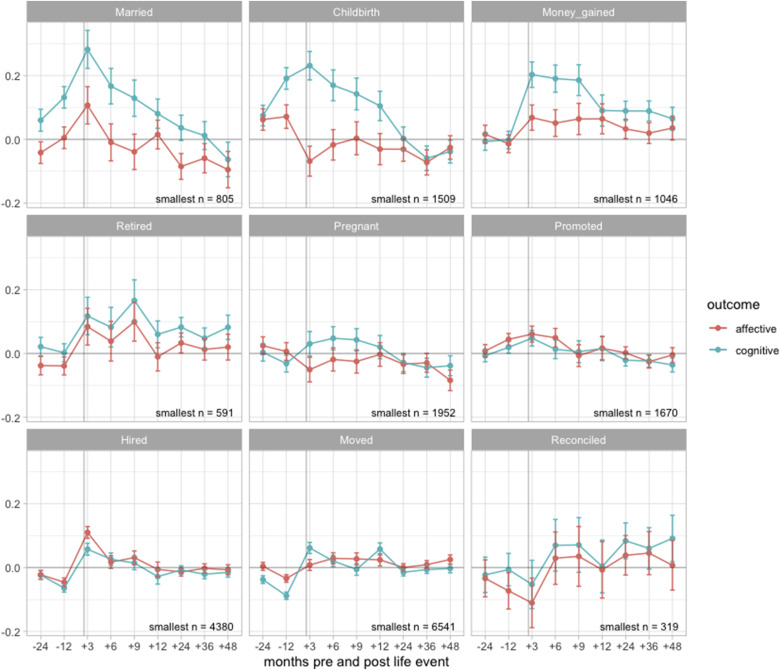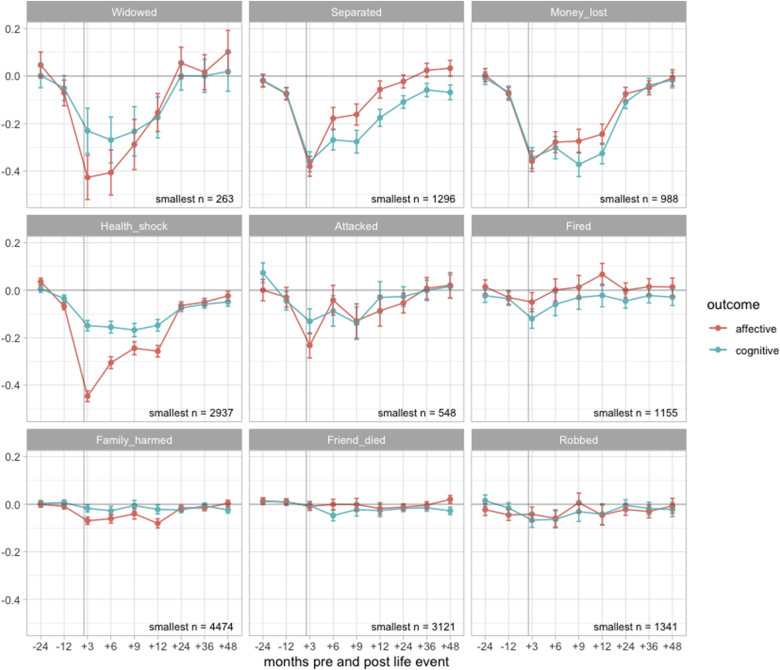Discoveries Weekly No. 8 (June 1-7, 2020)
Here are some discoveries that fascinates me this week.
Before we start: I recorded Song at the Speyer Cathedral this week, a piano solo piece composed David Nevue. I hope you enjoy it!
Drug discovery
Drug discovery from the perspective of protein communities
I wrote a blog post Probing protein communities with mass spectrometry summarizing my learnings from reading the review by Budayeva and Kirkpatrick.
Biology
Lessons learned from the TRACERx study
I share my learning notes in another blog post.
RNA-guided endonuclease editing: history and clinical testing
I share my learning notes in another blog post.
Flagship studies of the Genome Aggregation Database (genomAD)
Nature and other journals published a series of studies reporting the results of analysing the Genome Aggregation Database (genomAD). I am now reading and digesting them.
Programming
2020 Developer Survey by StackOverflow
The high-level results are summarized at the blog The Overflow. The breakdown results can be found here.
My impressions:
- I know practically nothing about the two most loved languages: Rust and TypeScript (well, beyond that it is typed JavaScript). I am happy that I still have the chance to learn some lovely languages. Apparently Rust is particularly interesting for system programming. Python comes as the third.
- About 70% responders are under 35. People seem to leave the field of programming as they age.
- People using Perl seem to earn much more (79k) than those using R or Python (57k and 59k). Experience and age is a confounding factor.
- Most responding people learn at least one new technologies a few months or a year.
- Over 80% responders are open to or interested in new job possibilities.
- It seems that programmers working in mainland China are under-represented, according to the number of participants and to the result of working hours.
Tricks that I learned to work with box.com
- Uploading files to box.com:
curl -1 -v --disable-epsv --ftp-skip-pasv-ip -u YOURFULLEMAIL:YOURBOXPASSWORD --ftp-ssl --upload-file FILENAME ftp://ftp.box.com/. - Download files:
curl -1 -v --disable-epsv --ftp-skip-pasv-ip -u YOUREMAIL:YOURBOXPASSWORD --ftp-ssl ftp://ftp.box.com/FILENAMEONBOX -o FILENAMEONYOURLOCALFOLDER. - To list files,
curl -1 -v --disable-epsv --ftp-skip-pasv-ip -u YOUREMAIL:YOURBOXPASSWORD --ftp-ssl ftp://ftp.box.com.
I learned them from Marco Berrera.
Statistics and machine learning
Core progress in AI has stalled in some fields
Hutson summarized in a short article the observation that core progress in AI has stalled in some fields. Examples include neural-network pruning algorithms, information retrieval system, loss function in image retrieval, adversarial training with projected gradient descent, long-short term memory (LSTM) neural networks, and generative adversarial networks (GANs).
My interpretation is that impactful innovation happens rarely. The principle applies in all fields of research and development. AI is not an exception.
It can be frustrating for those who aim to develop a genuinely new algorithm in a short period of time (say PhD students) that transform how we analyse the data and the way we model the world. It should come not as a surprise who do research for a life and only calls for curiosity, vigilance, and resilience. It can be encouraging for those who wait a bit and use the best model available, which is used by many but not all people, to get the best leverage of the technology.
I guess the return of investment of either following every new algorithm and result, or not following any, is worse compared with the wait-observe-and-invest approach.
Music
Music theory explained
I discovered videos of Karen Ramirez on YouTube, for instance How to Make Chords from a Scale and Chord Sequence 1 -6 -2 -5 -1.
Karen Ramirez is a fantastic teacher who knows how to bring messages over. She is knowledgeable, enthusiastic, and she speak directly and explains well. I am learning both music theory and teaching from her.
I created a play list on YouTube that contains her videos that I still need to watch.
A related resource is a video (in Chinese) about the circle of fifth, which is available on bilibili. The cool thing: even a JavaScript-implementation of the Circle of Fifths is introduced, with the source code available at GitHub wiwikuan/wiwi-circleOfFifths.
The fearless pianist
I enjoyed the article by Alex Ross on the New Yorker magazine (May 18, 2020) on Igor Levit.
His friendship with Hannes Malte Mahler, a German artist, who died in a bicycle accident in 2016, impressed me mostly. Levit told Alex Ross: “Accidentally or not, he always gave me the feeling that I am allowed to be who I am, without explaining or apologizing. I can just be.”
I know more than one such people in my life. I owe them all what I have.
Mahler’s death shocked Levit. “Aside from the loss, I had this sense that I had to go on even more with that process of taking away layers, discarding fears, letting myself be who I am. I really turned into a different person. No more bullshit.”
I am stunned, because I can not find a better description of my experience and my change after Clemens Broger left us in 2017.
Another point that impressed me was Igor Levit’s feelings about being onstage, even when he was threatened because of his political standpoint. “For me, the stage becomes the one place of freedom, absolute freedom. Nobody is bothering me, there are no phone calls, no interruptions. The worst thing that can happen, the worst thing possible, is a wrong note. Also, to hell with those people.”
I thank Alex Ross for portraying the Levit who ‘developed away from the spotlight’. And I appreciate that the possibility of reaching freedom Igor Levit shows me with his music, his words, and his human being.
The article can be found on NewYorker.com, under a slightly different title, Igor Levit is Like No Other Pianist.
A song to kiss the night goodbye: The People United Will Never Be Defeated, Variation 36, played by Igor Levit.
New music sheet shared on MuseScore
I shared a new music sheet of an old German folklore, Ich liebe den Frühling (I love the spring, 我爱春天) on MuseScore. I arranged the chords as homework of my piano lessons, wrote the lyric in Chinese, and typed it with the software MuseScore. It is shared in public domain. Anyone can reuse it.
Ich liebe den Fruehling by AccioThatLovesMusic
Other gems
- How to build a four-dimensional object in our 3D space? Connect each node to six neighbour nodes. What can you get? Apparently a topological insulator.
- GeoGebra is a set of online apps for mathematics, geometry, and more. A new software project under current development, penrose, promises to create diagrams by typing mathematical notation in plain text. In a way, it is like LaTeX for visualization.
Happiness and sadness, quantified
Kettelwell et al. reported in SSM - Population Health a cohort study of impact of major life events, such as marriage, money gain, widowing, and separation, on cognitive and affective well-being.
In this study, Cognitive well-being refers to overall life satisfaction. It was obtained from the annual face-to-face interview using the response to the question: “All things considered, how satisfied are you with your life?”. The respondent was asked to pick a number between 0 (not satisfied) and 10 (satisfied).
Affective well-being refers to the frequency and intensity with which people experience positive affect and negative affect. It was quantified by questions about positive and negative aspects of mental health, such as “felt so down in the dumps nothing could cheer me up”, “been happy”), and questions dealing with positive and negative aspects of vitality (e.g., “feel full of life”, “felt worn out”).
Interesting findings: against common assumptions, promotion and being fired had little, if any, independent effect on well being, while other events such as financial loss, death of partner, and childbirth have profound impacts. Either positive or negative, the effect of most events wane after two to four years time.
I think we have to interpret the data cautiously. For instance, it was reported that the death of friends, on average, has little effect. The effect, though, may between friends dramatically, because ‘friends’ is a broad category of people that we interact with.
Nevertheless, the findings remind us how to make better decisions about what to invest in and spend time on. Family members and other loved ones, wealth (not money or status), and health would, unsurprisingly, enrich the life of most people.


No-bullshit design thinking
- Listen to what people want and make customer become the king.
- The team defines together before creating anything.
- Gather ideas how to implement a minimalistic product.
- Build a prototype to show it to the team members and the customer.
- Make people test the prototype and iterate and refine.
The five steps are also known as Empathize, Define, Ideate, Prototype, Test.
Happy weekend!